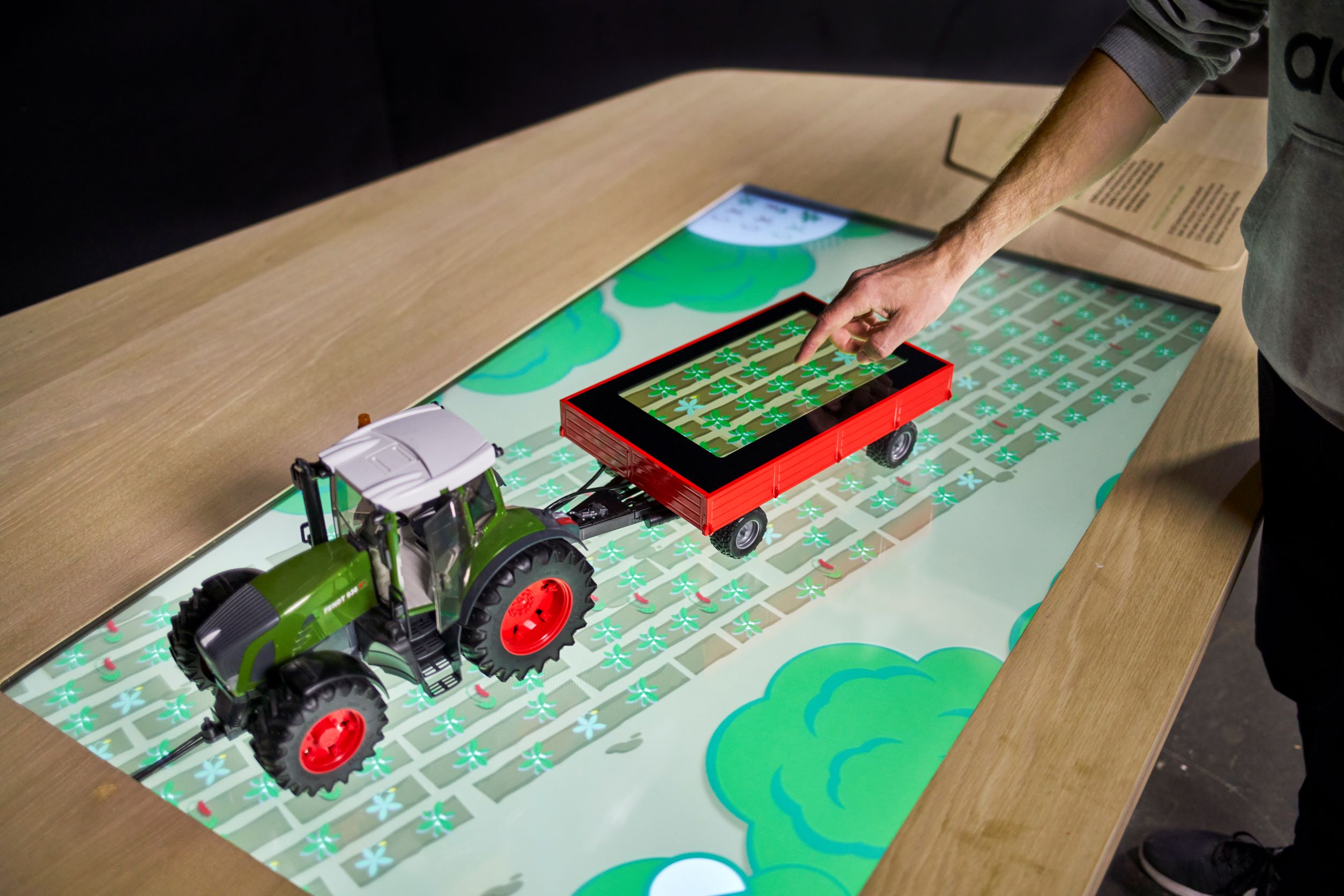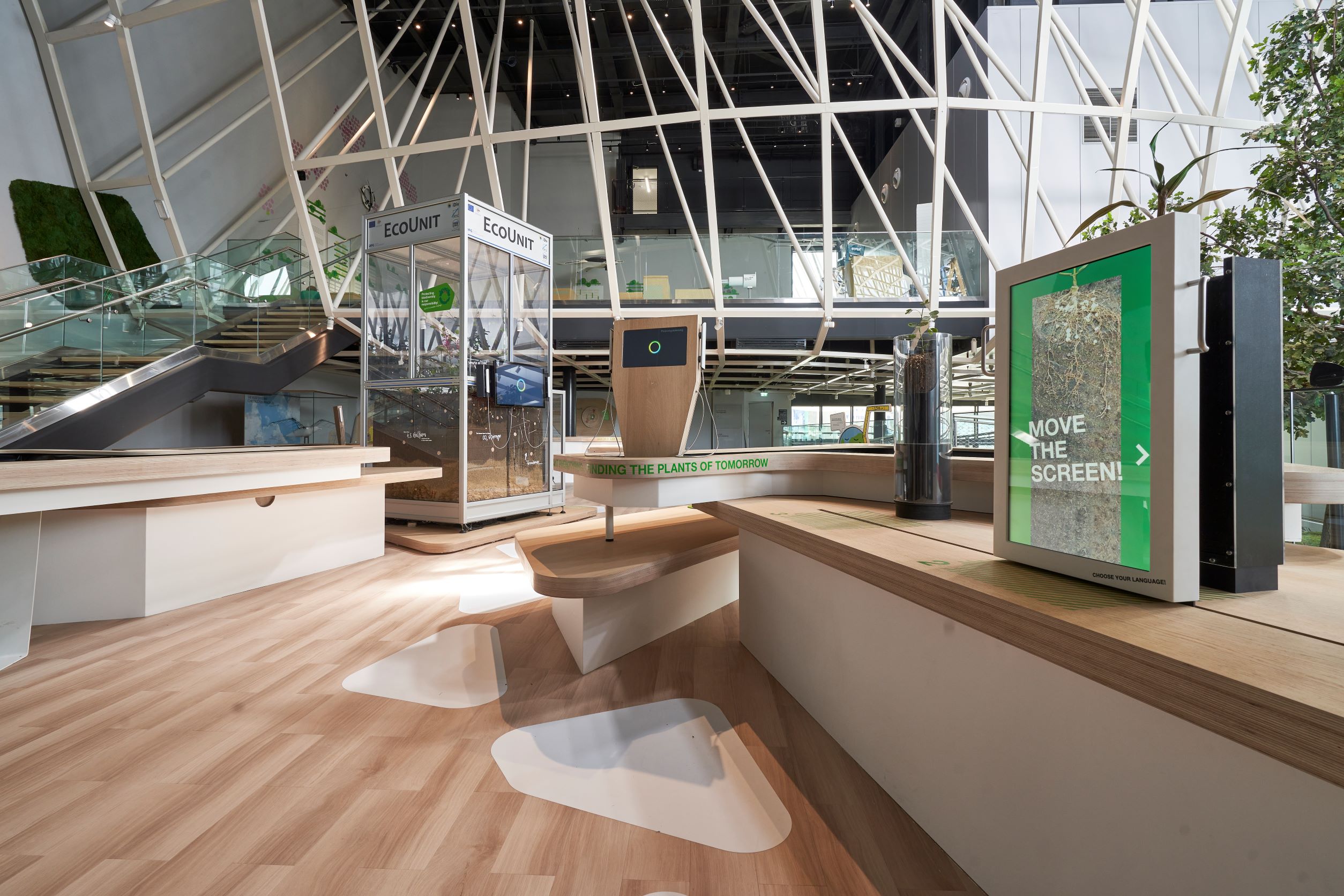Date Announced: 14 Oct 2021


Hannover, Germany -- The exhibit is a toy-sized tractor with a display on its trailer. Among rapidly passing plants, the player must recognize and tap the weeds on the display to destroy them in the game with the laser. The operation is simple, and the interactive game is thus suitable for all ages.
The idea: More environmental protection through laser technology
The background of the entertaining game is an important concern. Scientists at the LZH are working on an environmentally friendly method of controlling weeds in plant production. In the WeLASER project, among others, they are working in an international team to research how the growth center of weeds can be obliterated and thus lethally damaged through a precise laser beam. The project partners are developing an image processing system that uses artificial intelligence to distinguish crops from weeds. The goal is to be able to control weeds sustainably and without chemical products in the future. The chemical burden on food would decrease, surrounding, non-disturbing plants could increase biodiversity, and insects would also be spared.
German pavilion presents interactive exhibits
The World Expo 2020, postponed by one year due to the pandemic, will take place in Dubai from 01 October 2021 to 31 March 2022. In the German pavilion, interactive exhibits in the thematic areas of energy, the city of the future, and biodiversity will convey what sustainable innovations in these areas might look like. The "Food Farming Laser" is one of 36 exhibits that the German pavilion is displaying on behalf of the German Federal Ministry for Economic Affairs and Energy.
Laser Zentrum Hannover e.V. (LZH)
As an independent, non-profit research institute, the Laser Zentrum Hannover e.V. (LZH) stands for innovative research, development and consulting. The LZH is supported by the Niedersachsen Ministry of Economic Affairs, Employment, Transport and Digitalisation and is dedicated to the selfless promotion of applied research in the field of photonics and laser technology. Founded in 1986, almost 200 employees are now working for the LZH.
The focus of the LZH lies on the fields of optical components and systems, optical production technologies, and biomedical photonics. Interdisciplinary cooperation between natural scientists and mechanical engineers makes innovative approaches to challenges from the most different areas possible: from the development of components for specific laser systems to process developments for the most diverse laser applications, for example for medical technology or lightweight construction in the automotive sector. Eighteen spin off companies have emerged from the LZH up to now. Thus, the LZH has created a strong transfer between fundamental science, application oriented research, and industry.
E-mail: info@lzh.de
Web Site: https://www.lzh.de/en
| © 2026 SPIE Europe |
|